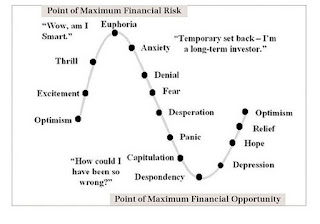Banks do not "lend out" deposits or reserves
Rather, they create both loan assets and matching deposit liabilities "from nothing" by means of double entry accounting entries. Creating money with a stroke of the pen (or a few taps on a computer keyboard) is what banks do. Frances Coppola, 29 October 2017



